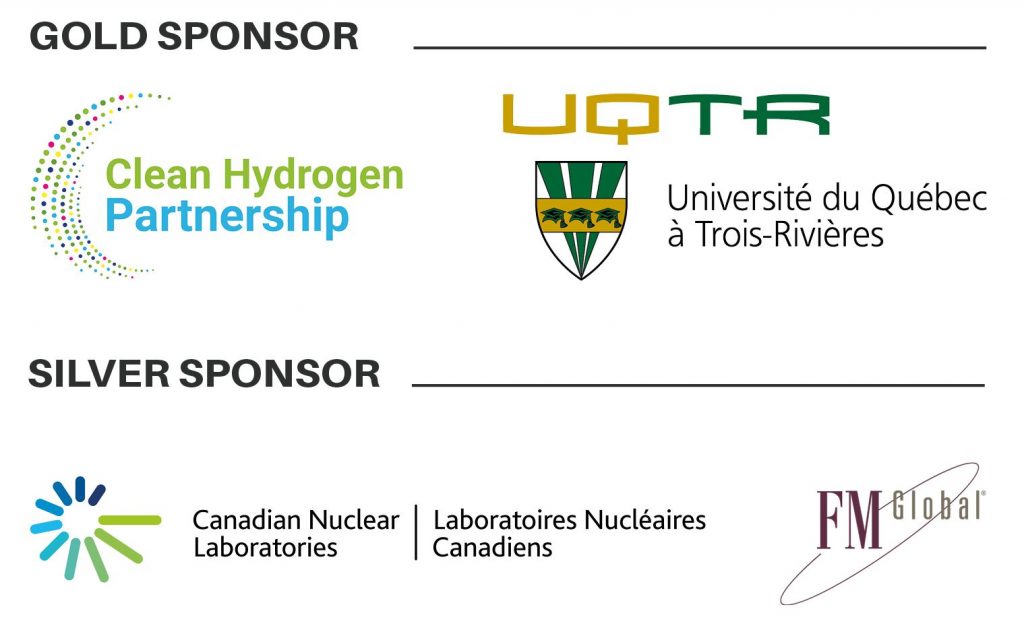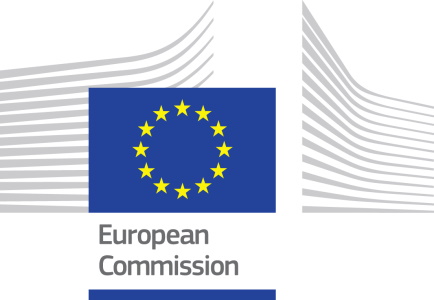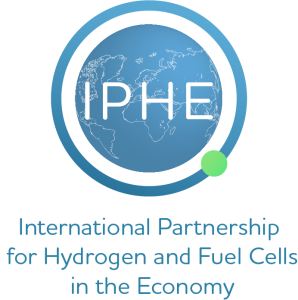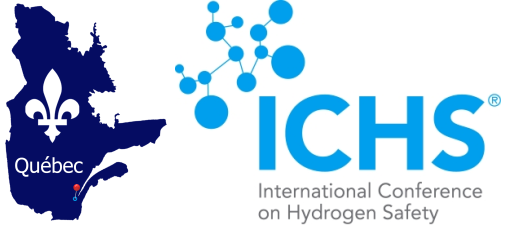ICHS 2025 – September, 2025
ICHS 2025 will be held in Republic of Korea
Looking forward to see you!

The Réseau Québécois sur l’Énergie Intelligente and IA HySafe invite you to the unique
INTERNATIONAL CONFERENCE ON HYDROGEN SAFETY
September 19-21, 2023
Presented by:

Our Sponsors:

With the endorsement of:






This tenth International Conference on Hydrogen Safety (ICHS 2023) will be held at the Québec City Convention Centre (located at 1000, boul. René-Lévesque Est, Québec (Québec) Canada G1R 5T8) in Québec City, Québec, Canada, under the auspices of the International Association for Hydrogen Safety (IA HySafe).
The first nine ICHS biennial conferences from 2005 to 2021 attracted experts from all over the world, and provided an open platform for the presentation and discussion of new findings, information and data on hydrogen safety – from basic research to applied development and from good practice to standardisation and regulatory issues.
Hydrogen is now beginning to play a greater role in the transition to clean, safe and sustainable energy systems. ICHS2023 will address industrial heat and feedstocks, commercial and domestic heat, energy storage & energy transportation, and decarbonised clean transport throughout regions and across continents.
The overarching theme for ICHS2023 will address a wide range of hydrogen safety topics including: safety of large production and supply chain infrastructure, hydrogen and hydrogen carrier behaviours, physical effects, consequence and risk analysis, incidents, accidents and near misses, hydrogen effects on materials and components, safety of energy storage, power to gas/gas to power related safety issues, safety solutions for the implementation of hydrogen technologies, risk management, best practices, regulations, codes and standards, as well as communication strategies for wider public awareness and acceptance of hydrogen.
All contributions to ICHS2023 will be evaluated for their scientific content and relevance to the wider uptake and deployment of safe hydrogen as part of the transition to a low carbon energy system.
